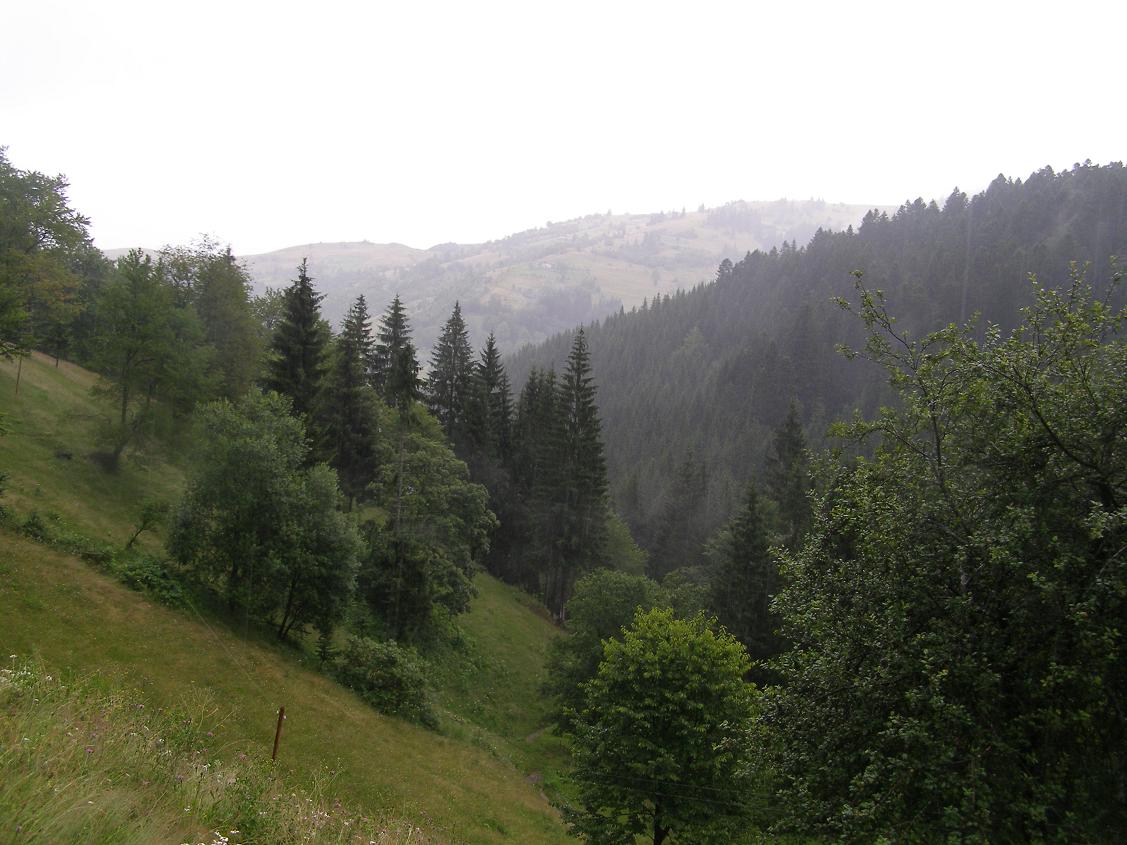GoodGame
Red, White, & Blue, baby!
- Joined
- Dec 17, 2004
- Messages
- 13,725
More lucrative than slaves for mining and growing sugar cane in the New World? Surely not...
Besides, the actual trapping end of that fur trade was upheld by the North American natives themselves, trading it for all kinds of European manufacture. Which was why by 1640 we got the phenomenon of the "Beaver Wars".
The west African states got into large scale slaving because the Europeans hove into view with this tremendous new demand for labout to exploit stuff what they had found in the New World, and so were sucked into a European dominated globale trade network. Something similar happaned to the native Americans along the N Am east coast, as European demand for fur allowed them to enter into the same trade network, at another end. Again a huge surge in demand made in Europe radically changing the baseline for traditional trapping. Afaik in neither case was large scale settlement necessarily involved, at least not in the 17th c.
But I don't think we're saying "North America or Africa?" in this thread, we're saying "Why not more than just coastal trade in Africa before North America?". Slaves come from Africa regardless of whether or not Europe actually colonizes Africa, which isn't in debate. And regardless of how the fur trade perpetuated (indian-trained euro trappers, or through trade with natives), we had to have a presence to get in on in.
So I'd say there is still grounds to say that Fur was highly lucrative and polarized European interest in North America over Africa, simply because what the Europeans wanted from Africa (labor) at the time could be gotten from coastal trade without establishing themselves on the African interior themselves.




